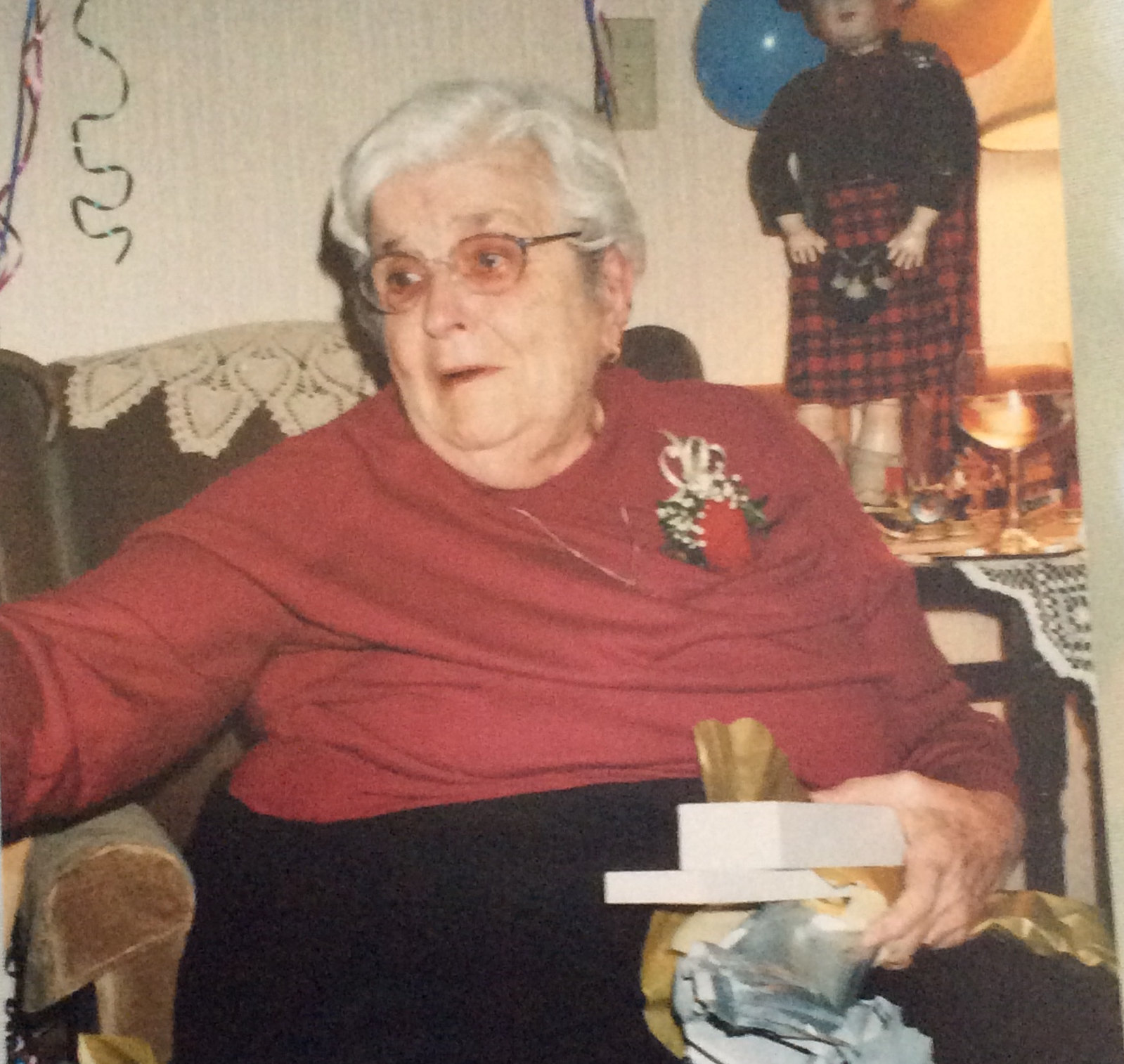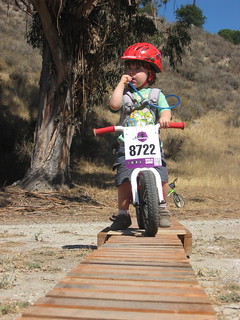Please enjoy this story about The Best Man I've Even Known
One Christmas, while I still lived with my very patient parents, well into my 20’s, I received a gift from my Dad. Not from both my parents as usual, but from Dad specifically. It was light, and had very well appointed and deliberate wrapping.
This is noteworthy, because Dad was never the shopper in the family.
In fact, you could tell on Christmas morning, when gifts were being opened that, oftentimes, it was the first time he’d actually seen whatever was inside those parcels we tore into – whose cards he’d just signed the night before.
This gift, however – the stately box my Dad handed to me with a definite sense of ceremony and pride that Christmas morning – also came with a card.The card contained a note – not a hastily filled-out tag with smeared ink – but a deliberate, finely penned letter about a father’s desire to pass on a meaningful part of his personal history to his adult son. It used word like intrinsic, and had me think, for the first time, that I am part of something bigger than myself. Part of a lineage. That my existence and who I am spanned well beyond the years of my life, and that this marked my passage into my adult self.
It stood out, especially at that moment, again because Dad typically didn’t choose most of the family’s gifts. Sure, there was the odd instance where he made a purchase on his own – like the time when he bought Andrew and me a cassette copy of the Bruce Springsteen & The E-Street Band’s Live box set in 1986 – Something we knew because mum made a point of accentuating it as she handed us the box.
But I don’t begrudge him for not typically filling that role – he worked in the Canadian National Railway’s downtown Montreal offices for nine hours every weekday from the age of 18 until he retired. When I was young, all I knew is that he left at the same time every morning to catch the same bus.
In fact, in the early years, I thought he worked at the lumber yard across from his bus stop, because that’s where the bus deposited Him at 5:30 when he returned every evening. He’d arrive home, like clockwork, tired, ready to sit together around the dinner table, and then settle in and lie down on the floor to watch some television with his family.
My past 10 years as a parent has cast a light on his absolute, unflinching dedication to his family and those he loved. His weekends and evenings were spent around the house fixing and renovating, or when he was feeling especially creative, out in the cluttered woodshop he built himself, crafting exquisite works of carpentry to express his love to the people who mattered to him.
Dad was a caring, practical, non-nonsense man who expressed himself through hard work and commitment. His humor was subtle – he had a smile or a story that would always lift your spirits, because you always knew it was sincere – and, while raucous humour was always something he appreciated, he seldom expressed it.
His artistic and emotional expression was often tied to his craft – whether in chess tables as Christmas gifts, rocking horses for fundraisers, or, his personal favorite, an exquisite butler’s table that still resides in the living room he built on Belton.
So, I can’t imagine his surprise the day I auditioned for the Lindsay Place High School theatre’s production of Grease in my graduating year – something that I had no business doing, given that my comfort level for speaking in front of groups of people was pretty much the same as his, as was my indifference towards the theatre.
I didn’t get a starring role, but by using my almost obsessively-perfect Pee Wee Herman impersonation at the time, I landed the part of Eugene. So, the costume folks gelled-up my hair into an Ed Grimly-esque forehead spike, threw the widest, ugliest tie in the history of man at me and gave me a pocket-protector. There really wasn’t a whole lot of other modifications needed to get me into character.
I have no recollection of how the play went, nor what my family thought of my stunning portrayal of the downtrodden 50’s nerd – and it never really solidified my social standing to the level I was hoping…but I did get to keep the tie.
As we’re all apt to do, years later, as his birthday, Christmas, or a Father’s Day quickly approached, I found myself, once again, struggling to find ideas for a gift to give. I honestly can’t remember whether it was stand-alone gift, or supplement to a “real” gift, but I hastily wrapped that Black, Red and White caricature of a Eugene tie as a gift for Dad because, hey, you’re supposed to give your Dad a tie as a gift, right?
Was it a good gift? No. Did it reflect my true feelings towards him? Of course not. But it’s what I did, and it seemed to make sense as the time. That’s the curse of youth.
After losing your father, and this is the first time I’ve ever been able to write this with any kind of authority, you are given the unique opportunity to look back on times like that and wish you could undo them. To wish you could travel back and tell yourself to appreciate every second you have with him. To show him all the love you have for him with meaningful, thoughtful time and gifts – when you realize that everything he’s ever done has been out of love, focused solely on your and your family’s happiness.Through this lens, I look at how he would stay up until 4 am on random Tuesday nights to cart Andrew, me and our ragtag, underage rock n’ roll bandmates home from countless bar gigs downtown, and still be on that bus every morning to head back to work. And he never once complained about it. Ever.
I wonder how often I went out of my way to tell him what that meant to me.
To tell him that, beyond all the petty little arguments we had over the years about things that have long since been forgotten, that there is no possible way I could even imagine someone being a better father than he was.
To thank him for helping create the most amazing example of a loving, caring, supporting family that anyone could ever grow up in. One that guides me in every aspect of my adult life.
To get a true understanding of what legacy means. I was lucky enough to come to some of these realizations before Dad passed away, and was fortunate enough to tell him so many things about why he is The Most Important, and Greatest Man Who Ever Lived. That, in spite of how he felt about himself, he was the best Father I could ever have hoped for.
To me, the time we had together, the lives our family lived together, and the legacy he has handed to us is more valuable to me than anything.
The legacy he talked about in that letter – the intrinsic, hand-penned letter that lay before me atop the well-appointed, finely-wrapped box; The letter that not only acknowledged my place in our family ‘s history, but affirmed my Father’s approval, and signified my crossing the threshold into adulthood – was connected, intrinsically to whatever was in that box. To this day can remember feeling the weight of the moment – almost savoring it. My heart was pounding.
Slowly, as deliberately as it had been wrapped, I peeled away the tape to preserve the integrity of the heavy wrapping paper, uncovering what could only be described as a jewelry box deserved of housing the most precious of family heirlooms.
Gently sliding the lid off, exposing the white tissue paper beneath, and wrapped inside, found the hideous white, red and black Eugene costume tie I had gifted him years earlier.
Dad was a very serious, purposeful, sensitive man, but apparently had the best comedic timing in history. It remains, undoubtedly, the best laugh I’ve ever had.
Years later, that gift, this story, has given me so much insight into the man we lost this week, and the man who is responsible for everything I am.




















